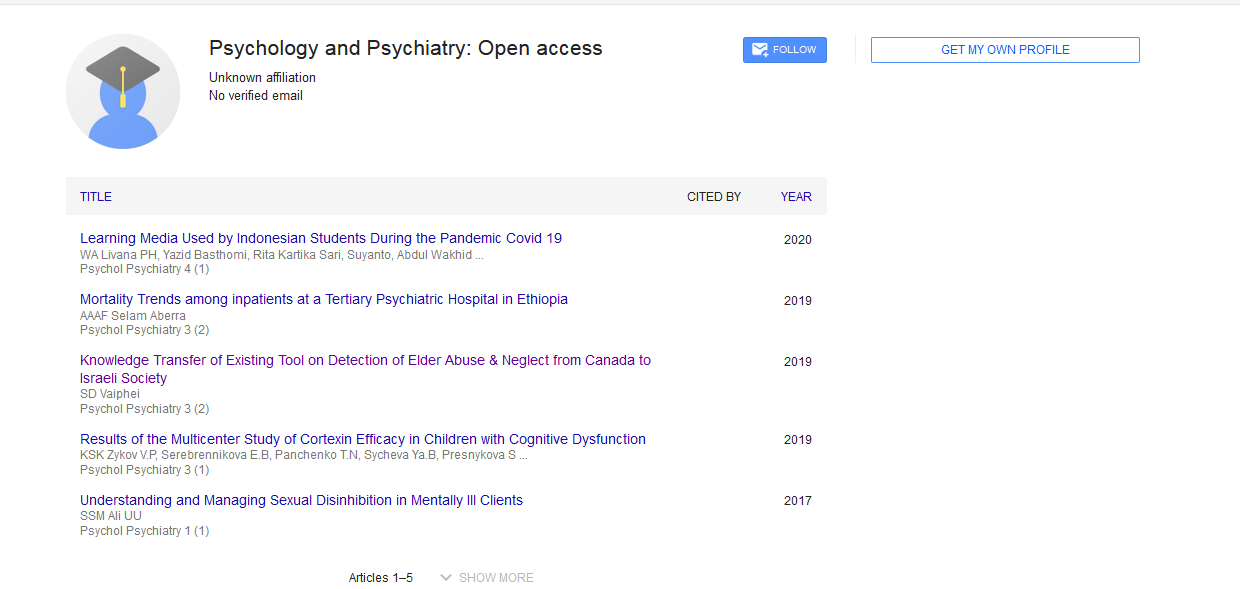Great Academic Achievement is My Purpose of Life
*Corresponding Author:
Copyright: © 2020 . This is an open-access article distributed under the terms of the Creative Commons Attribution License, which permits unrestricted use, distribution, and reproduction in any medium, provided the original author and source are credited.
Abstract
Academic achievement was considered as an important evaluation in learning processes. There were many factors affecting the levels of academic achievement. Two possible factors were procrastination and academic motivation. The purpose of this research was to illustrate the correlation between procrastination and academic motivation towards academic achievement in three different groups of subjects. The groups consisted of group of college students who don’t play games, group of college students who play games but not addicted, and group of collegestudents who are addicted to games. Pure Procrastination Scale (Steel,2007); Academic Motivation Scale Indonesian version (Natalya, 2018), and GPA. Both Academic Motivation Scale Indonesia version and GPA were designed to measure the academic achievement, and both of them had good internal consistencies (α ≥ 0.6; CITC for all items ≥0.3). The results of the analysis were obtained from n1=59 people; n2=84 people and n3=32 people. Thus, the total of subjects in this research were 175 college students from second and third batch from a private university in Surabaya. The analysis showed that there were significant correlations between procrastination with each dimensions of academic motivation for the group of college students who don’t play games. The same results were not found in college students that played games but not addicted, and to college students who were addicted to games. On the other hand, the only dimension that had significant correlation with academic achievement was amotivation. The other two dimensions of academic motivation weren’t significantly correlated. The level of intrinsic and extrinsic motivation would not affect the academic achievement of a student, but the academic achievement would decrease if the level of apathy of a student increased. Therefore, it was recommended for education institutions to provide detailed information regarding consequences and rewards for students who failed to undergo the required learning process.

 Spanish
Spanish  Chinese
Chinese  Russian
Russian  German
German  French
French  Japanese
Japanese  Portuguese
Portuguese  Hindi
Hindi 